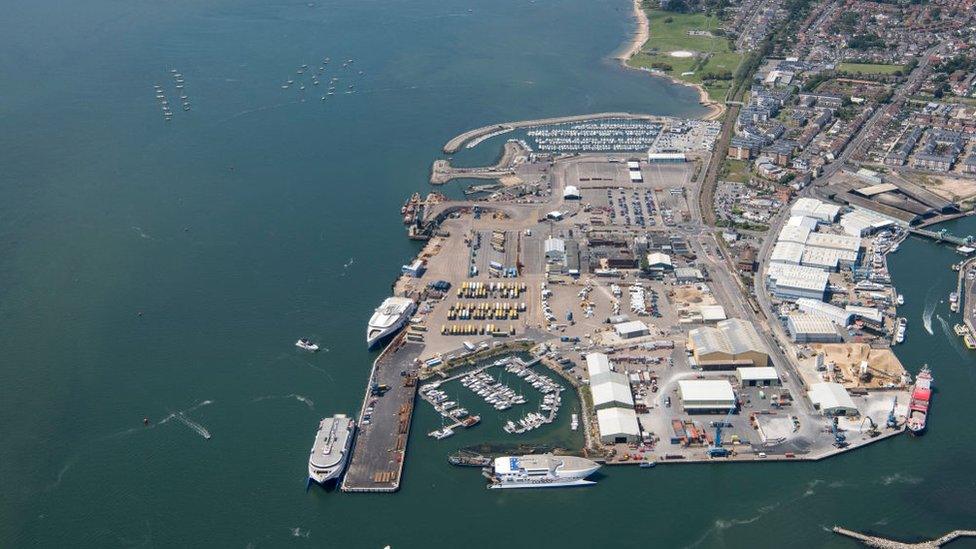Poole Harbour can be used again by public after oil spill
- Published
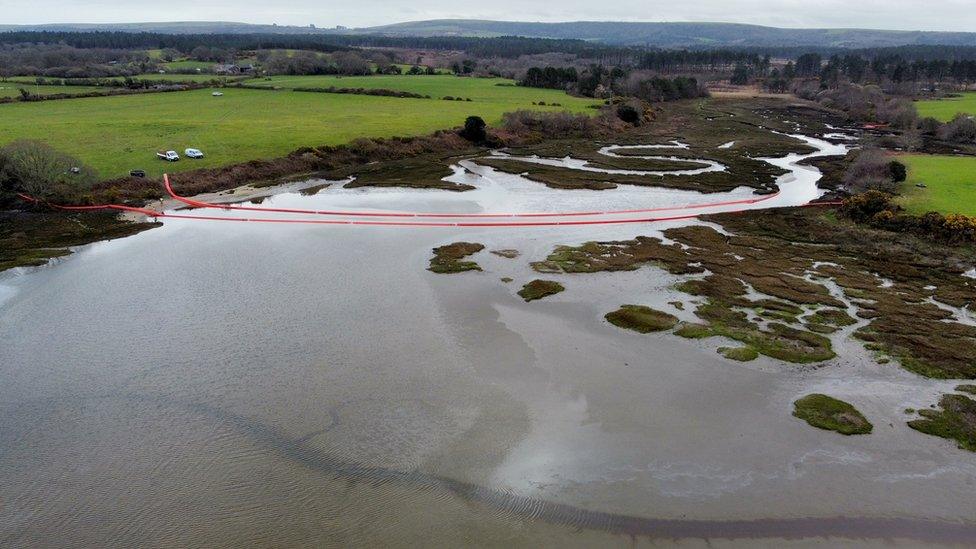
About 200 barrels of oily water escaped from a pipeline on 26 March
The beaches and waters near the site of an oil spill are once again safe to use, according to government experts.
The UK Health Security Agency (UKHSA) said swimming, bathing, and water sports could go ahead in Poole Harbour. About 200 barrels of oily water escaped from a pipeline there on 26 March.
It is also now safe to walk pets near the water, and to fish.
However, the public are still advised to stay clear of Ower Bay, where the leak took place.
Despite lifting restrictions on fishing and netting for fish in the harbour, the UKHSA said any fish found dead, dying or "visibly contaminated with oil residues" should not be consumed.
It also said shellfish harvested from the day of the spill onwards should not be marketed, "due to the difference in metabolism between fish and shellfish".
Bournemouth, Christchurch and Poole (BCP) Council and the Southern Inshore Fisheries and Conservation Authority (SIFCA) was awaiting test results after sampling shellfish in the area.
The leak came from Wytch Farm, an oil field and processing facility that produces about 14,000 barrels of oil equivalent per day, operated by Perenco.
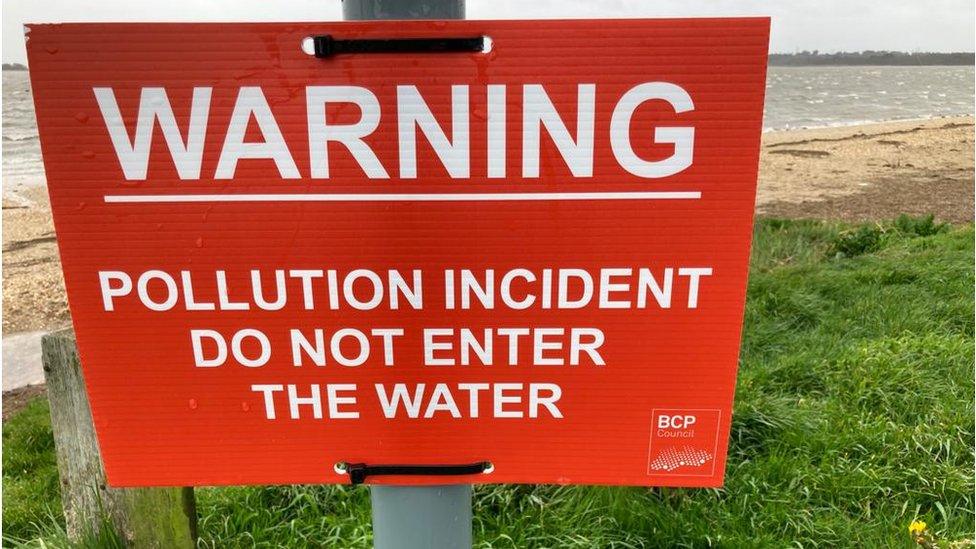
BCP Council is removing the signage in beach areas that previously advised visitors not to swim in the water
BCP Council is removing signage on beaches that previously advised visitors not to swim in the water.
A clean-up operation by Poole Harbour Commissioners (PHC) is ongoing.
Booms have been put in place to pen in the oil so that machinery can suck it up and transfer it to nearby tanks.
On Monday, chief executive Jim Stewart said it could take "several months… probably longer", for parts of the harbour to return to their original state.
PHC is currently working with Natural England, the EA and other organisations to investigate the environmental impacts of the oil spill.
Wildlife groups have warned about the long-term impact on the environment.
PHC said about 30 "slightly oiled" birds had been spotted but added there had been no serious casualties.
The RSPB also reported birds with oil smudges in the bay the day after the leak, including black-headed gulls, Mediterranean gulls, shelduck and mute swans.
Environment minister Lord Benyon previously told the House of Lords the government would ensure Perenco paid for the damage caused.
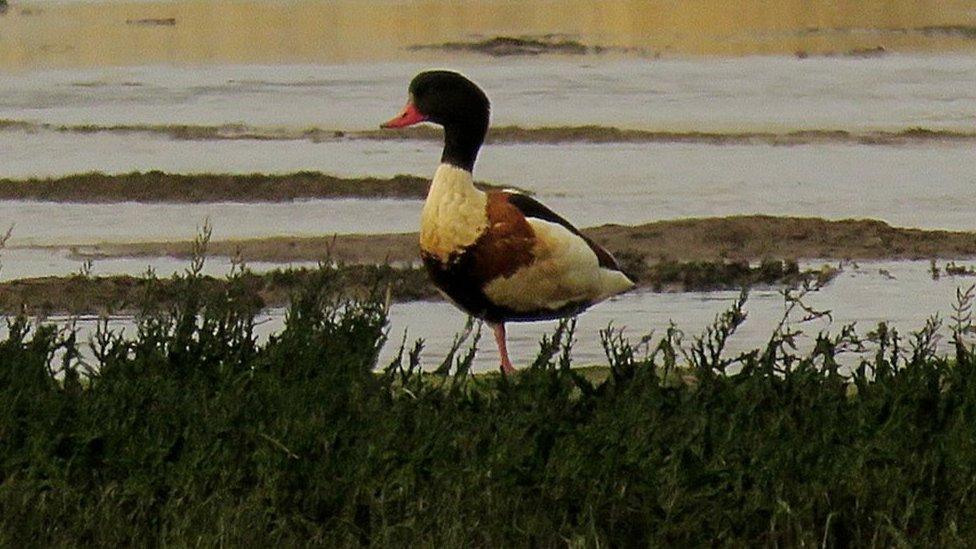
About 30 thirty "slightly oiled" birds have been observed to date, Poole Harbour Commissioners said

Follow BBC South on Facebook, external, Twitter, external, or Instagram, external. Send your story ideas to south.newsonline@bbc.co.uk, external.
- Published4 April 2023
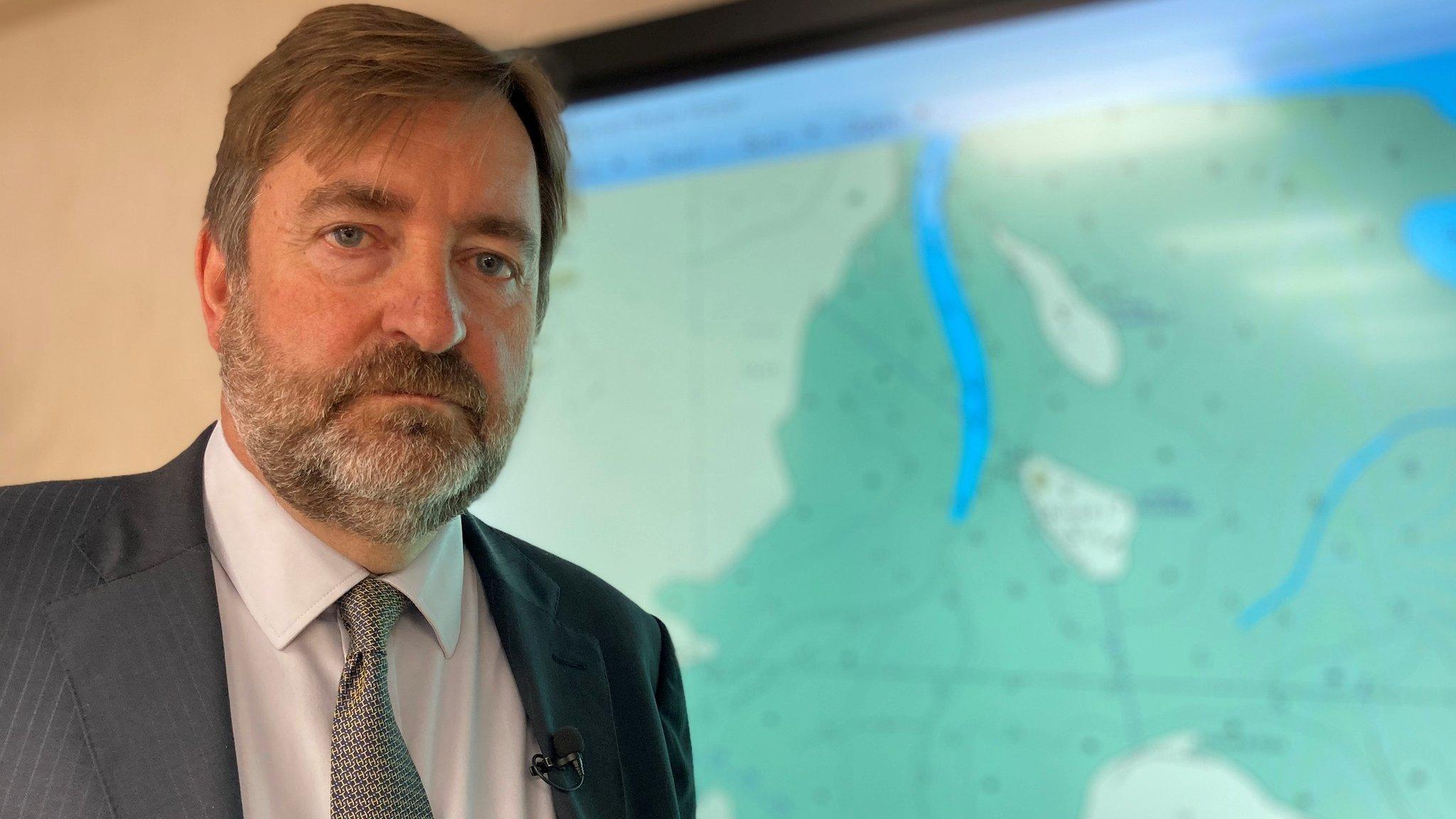
- Published3 April 2023

- Published1 April 2023

- Published29 March 2023
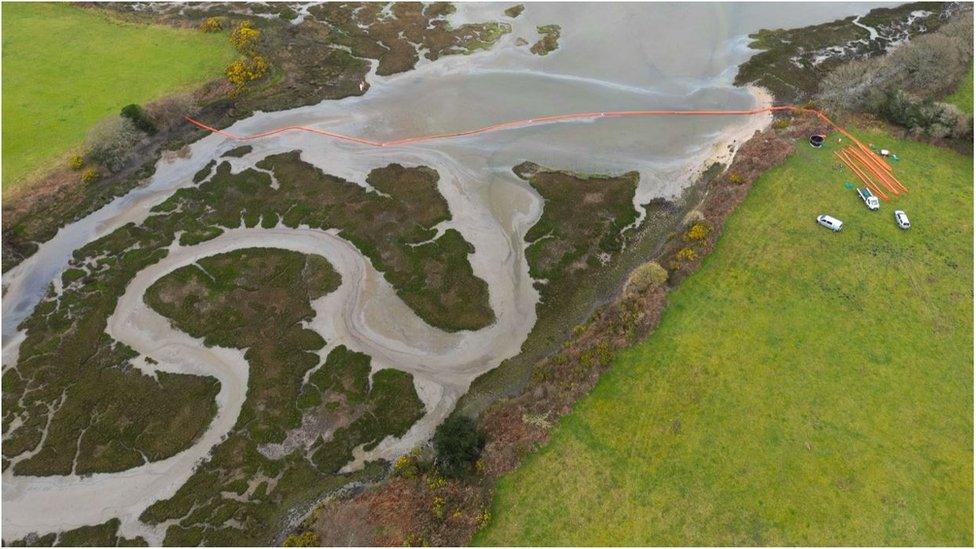
- Published28 March 2023
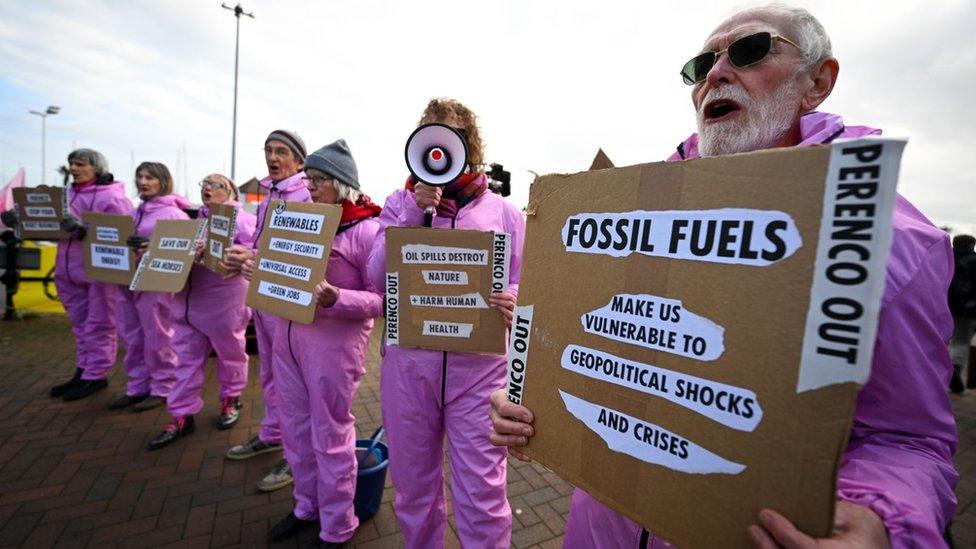
- Published27 March 2023
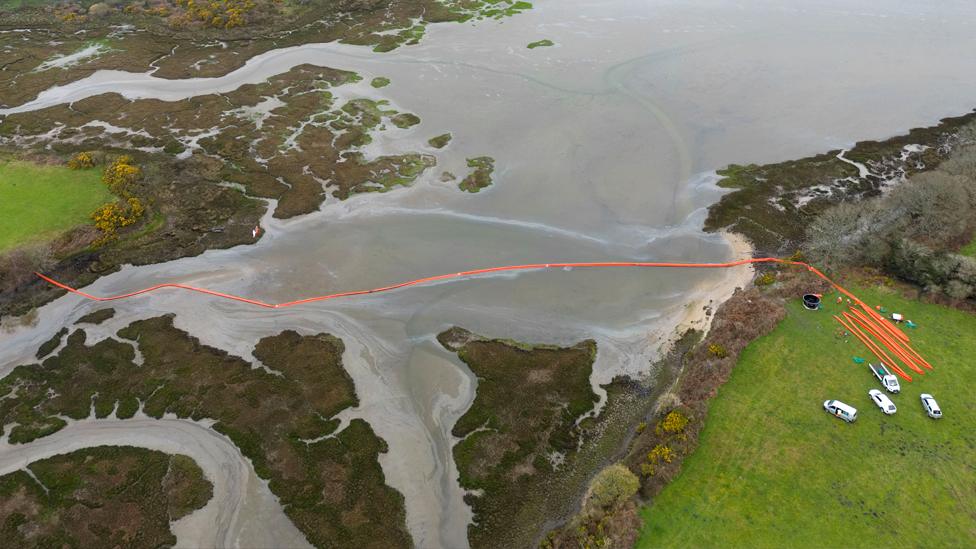
- Published27 March 2023

- Published27 March 2023
